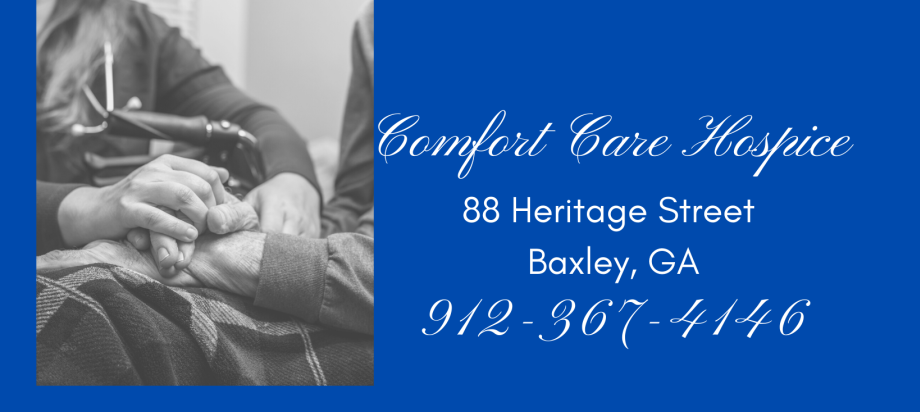FAQ's
What is the difference between hospice and home health?
Hospice can provide all the same services as a home health agency and so much more. Like home health, hospice nurses visit the
patient in their home to perform assessments, manage and evaluate the effectiveness of medications, draw lab work and collaborate with the patient’s Attending Physician to treat the illness.
Also, hospice provides the services of aids to perform housekeeping tasks and personal care for the patient.
Hospice services are so much more extensive than home health services. Unlike home health, each hospice patient and family unit has the benefit of an RN, Chaplain, Social Worker, and Medical Director available on-call 24 hours a day / 7 days a week for any emergency situation that may arise. Emergency medications and medical equipment are also available 24 hours a day / 7 days a week to meet the changing needs of the patient. Our Medical Directors and Nurses are specially trained to manage pain and other systems related to chronic illness. Unlike any other healthcare providers, hospice also provides well trained volunteers to assist the patient and caregiver.
What does hospice do?
Comfort Care Hospice uses a team approach to meet the individual needs of the patient and family unit. We not only
address the physical needs of the patient, we also work diligently to address and resolve emotional and spiritual concerns of both the patient and family unit.
The patient and family unit is treated and cared for as one. They are both given the support and encouragement to assist
them through this stressful time. The Comfort Care Hospice team’s focus is on controlling the patient’s pain and other distressful symptoms that deprive the patient and family unit of spending
quality time together. Our care team consists of Nurses, Aids, Chaplain, Social Workers, Volunteers, Medical Directors, and your personal Attending Physician. Together we collaborate with
the patient and family unit to develop a unique and individualized plan of care to meet the immediate and ever changing needs. Most often hospice care is provided in the patient’s home, whether it be
a private home, skilled nursing home, or assisted living facility. At times it may be necessary to transfer the patient to an inpatient unit for close observation in order to treat the
symptoms that can become overwhelming in the home environment. Comfort Care Hospice coordinates and supervises care in all settings.
How is hospice paid for?
When is hospice appropriate?
A person may be considered eligible for hospice services when after aggressive treatment, the chronic illness continues to progress.
You should contact your physician if you or a loved one experiences one or more of these signs:
- Multiple admissions to the hospital in a short period of time
- Unexplained weight loss with a noticeable difference in how clothing fits
- Spending most of the day in a chair or bed
- Shortness of breath while sitting or lying down
- Multiple falls within a 6-month period
- Symptoms (such as pain) have become unmanageable


